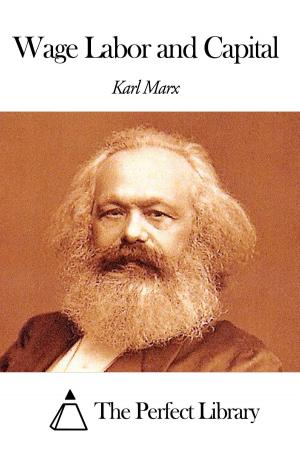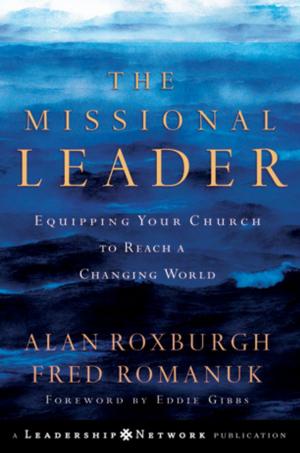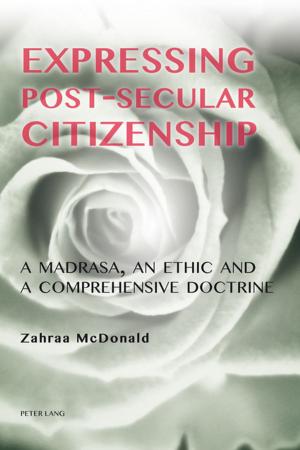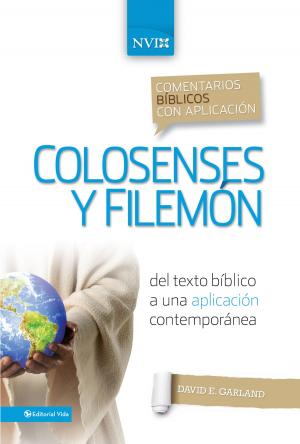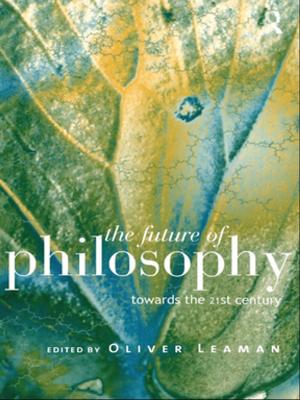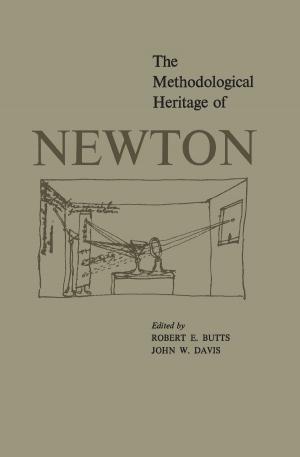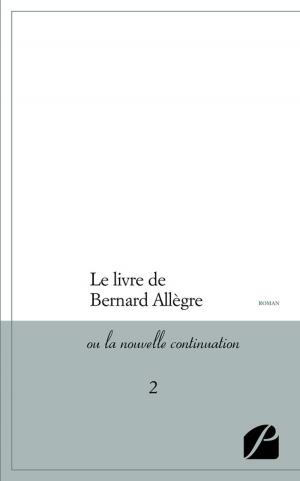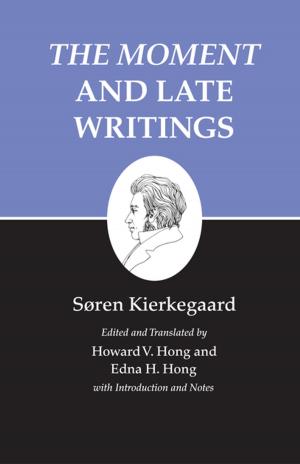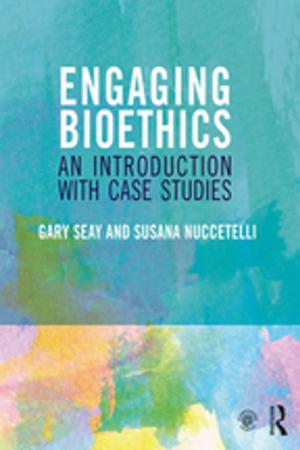Where does religion end?
Nonfiction, Religion & Spirituality, Inspiration & Meditation, Spirituality| Author: | Marcelo da Luz | ISBN: | 9788584770908 |
| Publisher: | Editares | Publication: | August 31, 2017 |
| Imprint: | Language: | English |
| Author: | Marcelo da Luz |
| ISBN: | 9788584770908 |
| Publisher: | Editares |
| Publication: | August 31, 2017 |
| Imprint: | |
| Language: | English |
The author's decision to leave religion, after experiencing a profound growth crisis, founded itself in the free action of one, who after walking tenaciously, has extinguished an existential possibility and reached a new realm of understanding about the realities of the consciousness and the universe. The inner freedom encountered to make this kind of decision was the result of a gradual self-confrontation. This author perceived the necessity to dispel the fear associated with questioning his habitual suppositions and to look beyond the limits of the indoctrination he had received. For a long time, while still religious, he named this fearlessness "a quest for wisdom" or "the spirituality of an unsettled heart". Nowadays, in light of the experiences had, he prefers to emphasize the courage to evolve, which requires, five years after the abjuration, the assumption of speaking publicly about the dissidence that was effected. When dissidents of ideologies or institutions start talking or writing about their experiences, it is necessary to observe the kind of motivation and intention implicit in the decision made. The former militant, the former integrant, the former partisan, the former something, in spite of the effort to affirm that they are no longer part of the institution to which they once belonged, may continue to define themselves based on the institution. In this case the person is still a "former" in relation to what they intend to deny. Perhaps, in their eagerness to critically speak out about the reasons underlying their abandonment of a certain idea or organization, they still flaunt the previous condition as a trophy, unfurling the pride of being a "former". The ambiguity in question lies in the fact that the person's point of reference continues to be in the no longer desired way of living or thinking.
The author's decision to leave religion, after experiencing a profound growth crisis, founded itself in the free action of one, who after walking tenaciously, has extinguished an existential possibility and reached a new realm of understanding about the realities of the consciousness and the universe. The inner freedom encountered to make this kind of decision was the result of a gradual self-confrontation. This author perceived the necessity to dispel the fear associated with questioning his habitual suppositions and to look beyond the limits of the indoctrination he had received. For a long time, while still religious, he named this fearlessness "a quest for wisdom" or "the spirituality of an unsettled heart". Nowadays, in light of the experiences had, he prefers to emphasize the courage to evolve, which requires, five years after the abjuration, the assumption of speaking publicly about the dissidence that was effected. When dissidents of ideologies or institutions start talking or writing about their experiences, it is necessary to observe the kind of motivation and intention implicit in the decision made. The former militant, the former integrant, the former partisan, the former something, in spite of the effort to affirm that they are no longer part of the institution to which they once belonged, may continue to define themselves based on the institution. In this case the person is still a "former" in relation to what they intend to deny. Perhaps, in their eagerness to critically speak out about the reasons underlying their abandonment of a certain idea or organization, they still flaunt the previous condition as a trophy, unfurling the pride of being a "former". The ambiguity in question lies in the fact that the person's point of reference continues to be in the no longer desired way of living or thinking.



